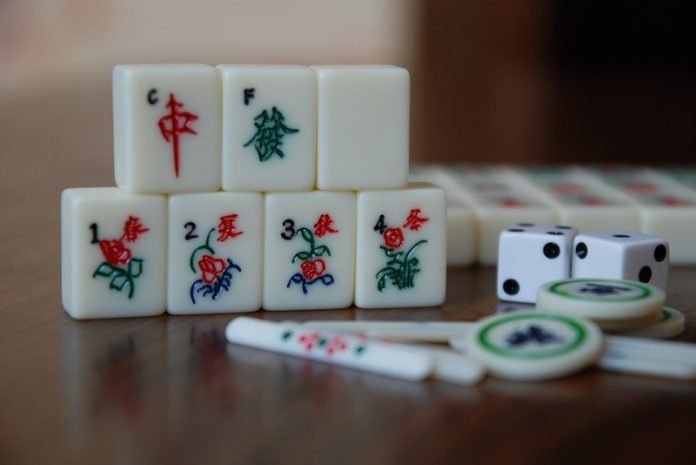
In a new study, researchers found when it comes to boosting mental health among older Chinese, it might be as simple as a game of mahjong.
They found regularly playing the popular tile-based strategy game was one of several types of social participation linked to reduced depression in middle-aged and older adults.
The research was conducted by a team from the University of Georgia and elsewhere.
Global economic and epidemiologic trends have led to significant increases in the burden of mental health among older adults, especially in the low- and middle-income countries.
Poor mental health is a major issue in China, which accounts for 17% of the global disease burden of mental disorders.
On top of that, mental health issues related to social isolation and loneliness are on the rise as China’s number of older adults—as in other nations—continues to increase.
The benefits of participating in social activities to mental health have been widely acknowledged, and some work has been done in developed nations, including the U.S. and Japan, to better understand this relationship.
But little is known about the role of social interaction and mental health outside of these settings.
In the study, the team analyzed survey data from nearly 11,000 residents aged 45 years and older from the nationally representative China Health and Retirement Longitudinal Study.
They looked at symptoms of depression and compared it to the type and frequency of social participation, including visiting with friends, playing mahjong, participating in a sport or social club, and volunteering in the community.
They found that, on the whole, participating in a wide variety of activities more frequently was associated with better mental health.
Specifically, urban residents who played mahjong, a popular strategy game, were less likely to feel depressed.
On the other hand, mahjong playing does not associate with better mental health among rural elderly respondents.
It is possible that mahjong playing tends to be more competitive and at times become a means of gambling in rural China.
The authors believe these findings may offer a guide to health practitioners designing policies and interventions to improve mental health among older Chinese.
One author of the study is Adam Chen, an associate professor of health policy and management at UGA’s College of Public Health.
The study is published in Social Science & Medicine.
Copyright © 2019 Knowridge Science Report. All rights reserved.



